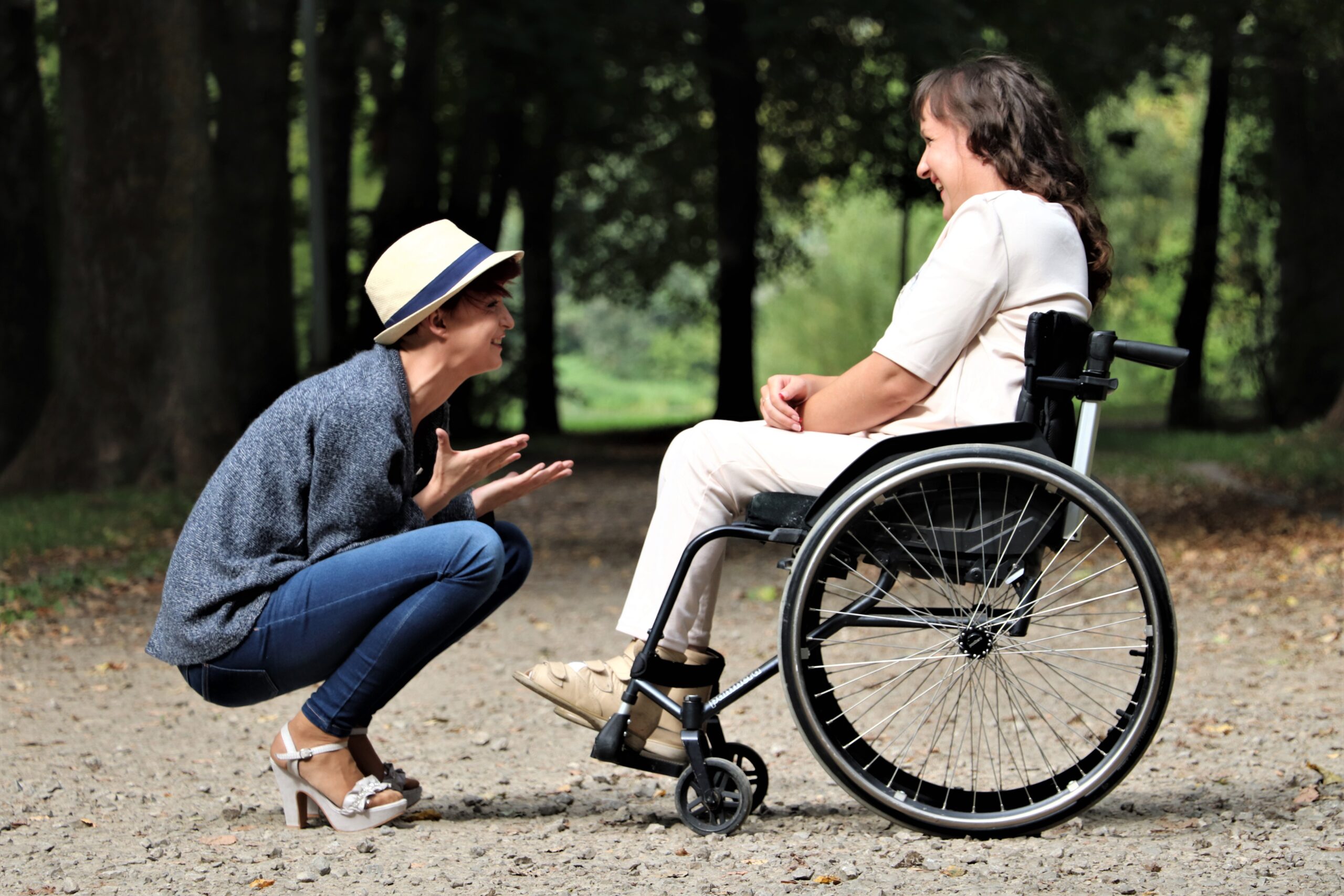How long must we wait for ‘global’ ecumenical fora to accept that the categories of caste and the violence of casteism cannot be subsumed within racism? And when will we realise that not having disability explicitly expressed as a cross-cutting issue when discussing gender is a missed opportunity.
Why are the voices of dalits, dalit women, and women with disabilities not represented in the report of the recently concluded pre-assembly on “Just Community of Women and Men” of the World Council of Churches that met in Karlsruhe, Germany?

To my memory, there was a long-drawn struggle of about seven odd years in the late 1990s and early 2000s when delegations and various groups from India tried in several global platforms to have caste and casteism included as separate categories, alongside racism yes, but still as separate categories to be mentioned. UN (CERD) to my knowledge included caste/casteism within racism and said caste is racial discrimination.[1]
I would have thought that within global faith-based ecumenical spaces like the WCC at least, there have been enough debates and discussions over these past two decades to lead to platforms like the WCC making the token effort to include the words ‘caste’ and ‘casteism’ when mentioning categories of peoples and systemic forms of discrimination[2] in any reports from the Assembly.
It is my contention that “Caste is not entirely the same as Race” [3] and I believe, along with Meena Dhanda that, “Caste continues to be seen as a birth-ascribed status, and, even though historical ties to occupations have loosened for those who accept the religious hierarchical order, caste is still connected to ritual purity/pollution. It combines elements of social class, hierarchy and privilege sustained by endogamy (marrying restricted within a group).”[4]
And any celebration of ‘difference’ that subsumes caste identity under other rubrics fails to hear the seminal voice of Babasaheb Ambedkar and thousands after him who called for the ‘annihilation of caste,’ if necessary, by legal means.
It is therefore with much sadness that I note that the “Pre-Assembly Report – Just Community of Women and Men, 29 and 30 August 2022 | Karlsruhe, Germany,” has not deigned to mention the word caste or casteism anywhere in the report. I also note with sadness that this report has no mention of disability as a factor contributing to discrimination, inequality, and violence, nor does it mention “women with disabilities.”
While I am excited to note that sexual and gender identity, class, ethnic and racial identity are mentioned, I am disturbed that caste and disability find no mention. Under ‘violence and abuse’ the report mentions conflict and war, racism and migration, as exacerbating factors in the pandemic context. But it does not mention caste and disability as factors exacerbating violence and abuse nor casteism and ableism as systemic parameters of discrimination.
I also find it ironic (and painful) that this section goes on to talk about intersectionality without any reference to caste or disability. How do you talk about intersectionality without at least a token mention of the south-asian context where intersectionality of necessity MUST talk about caste and disability and how a dalit woman with disability is probably the most marginalised in this framework of intersectionality that leads to violence, abuse, and invisibility of unimaginable proportions?
Few paragraphs later tracing the effects of gender based violence (GBV) throughout our communities, again racism and xenophobia are mentioned, indigenous and minority women are mentioned, but no mention of caste, casteism, disability or ableism.
In the ‘praxis (policy and practice)’ section of the report “patriarchy or power imbalances between women and men” finds mention, but no mention of systemic analysis necessary to expose power imbalance in ALL “power-over” systems (kyriarchal systems), primary of such systems being caste.
While acknowledging the need to talk of gender diversity in the context of “rights and responsibilities,” there is no mention of disability too as part of diversity, and the need to create accessible spaces for dalit women, and wo/men with disabilities to be visible, listened to, and accompanied in solidarity against the violence of unimaginable proportions perpetrated on them on a daily basis.
Calls to gender justice that do not take seriously ALL systemic forms of discrimination miss the opportunity to be truly intersectional, and marks a reluctance to create a space for the ‘full and just participation’ of ALL peoples who are victims fighting with resilience the systemic discrimination of casteism and abelism.
I am deeply disturbed and disappointed to contemplate if it was the lack of the participation of dalit wo/men and women with disabilities at the pre-assembly of JCWM that caused this lapse and total exclusion of these issues and voices being represented in this report? I hope this presumption of mine is proved wrong and they were indeed represented in this pre-assembly.
However, my disappointment will still remain at why then were they not heard, and if they were, why not represented in this report? and if they were not heard at all, why were there no intentional mechanisms in place to facilitate them to articulate?
We must do better as faith-based ecumenical spaces to facilitate with intentionality to truly hear the unheard and create space for the invisibilised.
* I received the JCWM pre-assembly report circulated as a pdf through the WhatsApp broadcast group of the National Council of Churches in India.
[1] Sheila Mathrani, “Caste system is racial discrimination: UN rights panel” in The Economic Times last modified Mar 30, 2007, https://economictimes.indiatimes.com/news/politics-and-nation/caste-system-is-racial-discrimination-un-rights-panel/articleshow/1830276.cms?from=mdr
[2] For a detailed study on the problems in efforts to subsume caste within race, see Meena Dhanda, “Anti-castism and misplaced nativism: Mapping caste as an aspect of race” Radical Philosophy 192, (July/Aug 2015):31-43. https://www.radicalphilosophy.com/article/anti-castism-and-misplaced-nativism
[3] Izza Ahsan, “Are Casteism and Racism Blood Brothers?” Countercurrents.org last modified June 9, 2020 https://countercurrents.org/2020/06/are-casteism-and-racism-blood-brothers/
[4] Meena Dhanda, “Anti-castism and misplaced nativism: Mapping caste as an aspect of
race” Radical Philosophy 192, (July/Aug 2015):38. https://www.radicalphilosophy.com/article/anti-castism-and-misplaced-nativism